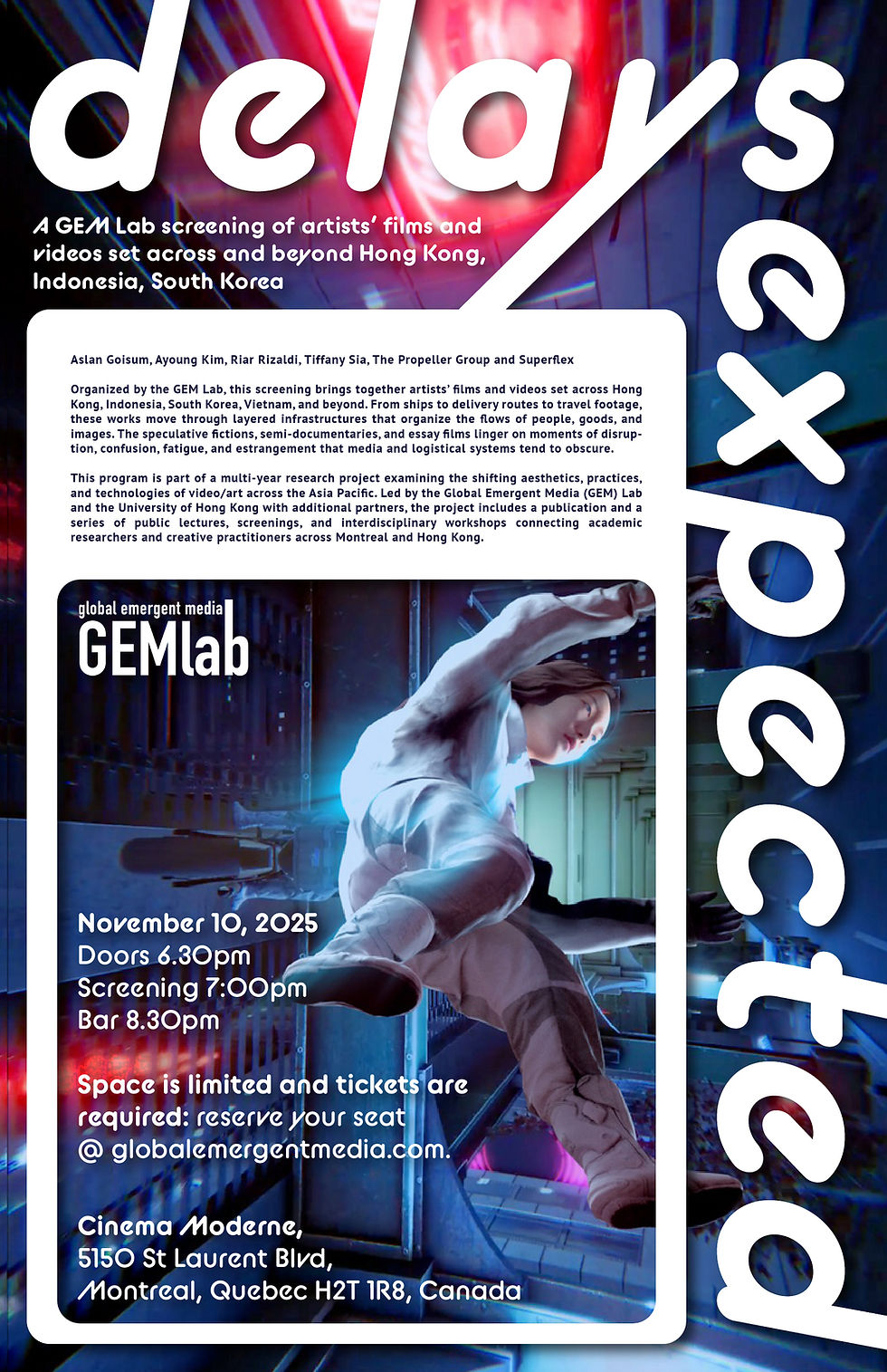»Out of the Shadow - Alternative Modes of Knowledge Production, Conservation and Distribution«
- GEM LAB

- Nov 8, 2018
- 3 min read
Updated: Nov 15, 2019
November 21, 2018 5.30-7.30pm: »Mirroring Each Other in Solidarity« (Discussion)

Readings: -- Marcell Mars, Tomislav Medak: The System of a Takedown -- Custodians.online letters
Discussants: -- Laurie Allen: Data Refuge -- Dennis Tennen: xpmethod -- Alex Gil: Torn Apart -- Marcell Mars, Tomislav Medak: Custodians.online
The main promise of the bourgeois revolution was that modern society will recognize people as equal, and that this society will be built for all of us. It took many years of struggle to recognize that without possession we had only labour to sell in order to survive, that women ended up less equal than men, that people of all races where discriminated in so many ways. Those struggles are far from over but one vision was there from the beginning: the bare minimum on which we should build our equality is the intergalactic access to knowledge. The Public Library was an institution dreamed and established already in those early days. From then on, a network of libraries and librarians developed in every nation, every country and we never stopped dreaming about "Free Schools and Free Libraries for every soul" [0]. The arrival of the Internet made this dream look finally realizable. Unfortunately, its emergence took place precisely when an institutional crisis — one with traumatic and inconceivable consequences — had also begun. While librarians started to work on making the dream of intergalactic access imaginable for many, which meant providing access to knowledge enclosed behind pay-walls and firewalls of prestige publishers and/or universities, intellectual property regimes tightened and public institutions were being severely defunded. These days the struggle of our brave amateur librarians has become even more tough, as all of them are getting prosecuted. The case against Aaron Swartz happened only a few years ago[1]. Alexandra Elbakyan (Science Hub)[2], the Russian hackers behind Library Genesis [3] and the enthusiasts behind Aaaaarg.org are being sued at this very moment. The same happened earlier to Gigapedia/Library.nu or back in the 00's to Textz.com [4]. Public Library/Memory of the World [5] first of all wants to make a case for the institution of a public library and the principle of intergalactic access to knowledge (activism, articulation, advocacy). Secondly, Public Library/Memory of the World explores and develops distributed internet infrastructures for amateur librarians. This includes software production, aggregated catalogues of digital books[6], documentation, curriculum development and education. [0] Melvil Dewey (diary entry, December 10, 1872) [1] https://en.wikipedia.org/wiki/Aaron_Swartz [2] http://sci-hub.cc/ [3] http://libgen.cc/ [4] http://textz.com/ [5] https://www.memoryoftheworld.org/ [6] https://library.memoryoftheworld.org/ November 22, 2018
10am-12pm: »Public Library Meets GEM Lab« (Internal Meeting)
-- Marcell Mars, Tomislav Medak, Global Emergent Media Lab We wish to discuss how can we think and act through mirroring other people's acts of technopolitical disobedience. We're interested in mirroring both as a technological practice of setting up mirrors of vulnerable online information and a political notion that does not build distributed technological infrastructures in order to pursue crypto-libertarian dreams of invisibility but to collectively act in plain sight.
1pm-4pm: »Let's Build a Library Together« (Workshop)
-- Marcell Mars, Tomislav Medak, Global Emergent Media Lab "Let's build a library together"; is a one-day workshop with the students and affiliates of the Global Emergent Media Lab aimed at building a collection of digitised resources useful in their future work. The workshop will be a chance to acquire practical skills in scanning books and journals, creating collections of scanned materials, setting up public access to such collections and maintaining that access. With the workshop we'll try to devise a workflow that is practical and useful to the future work of GEM by asking questions such as: What materials need to be included? How can we maintain the collection? Where will it be hosted? Who has access? Who takes care?
- Clemens Apprich & Josha Neves



Comments